In the fast-paced world of remote work, the concept of taking sick days has undergone a significant transformation.
As the COVID-19 pandemic continues to reshape the way we work, a new survey reveals that two-thirds of Americans working remotely fear taking sick days for minor illnesses.
Remote Workers’ Fear of Sick Days
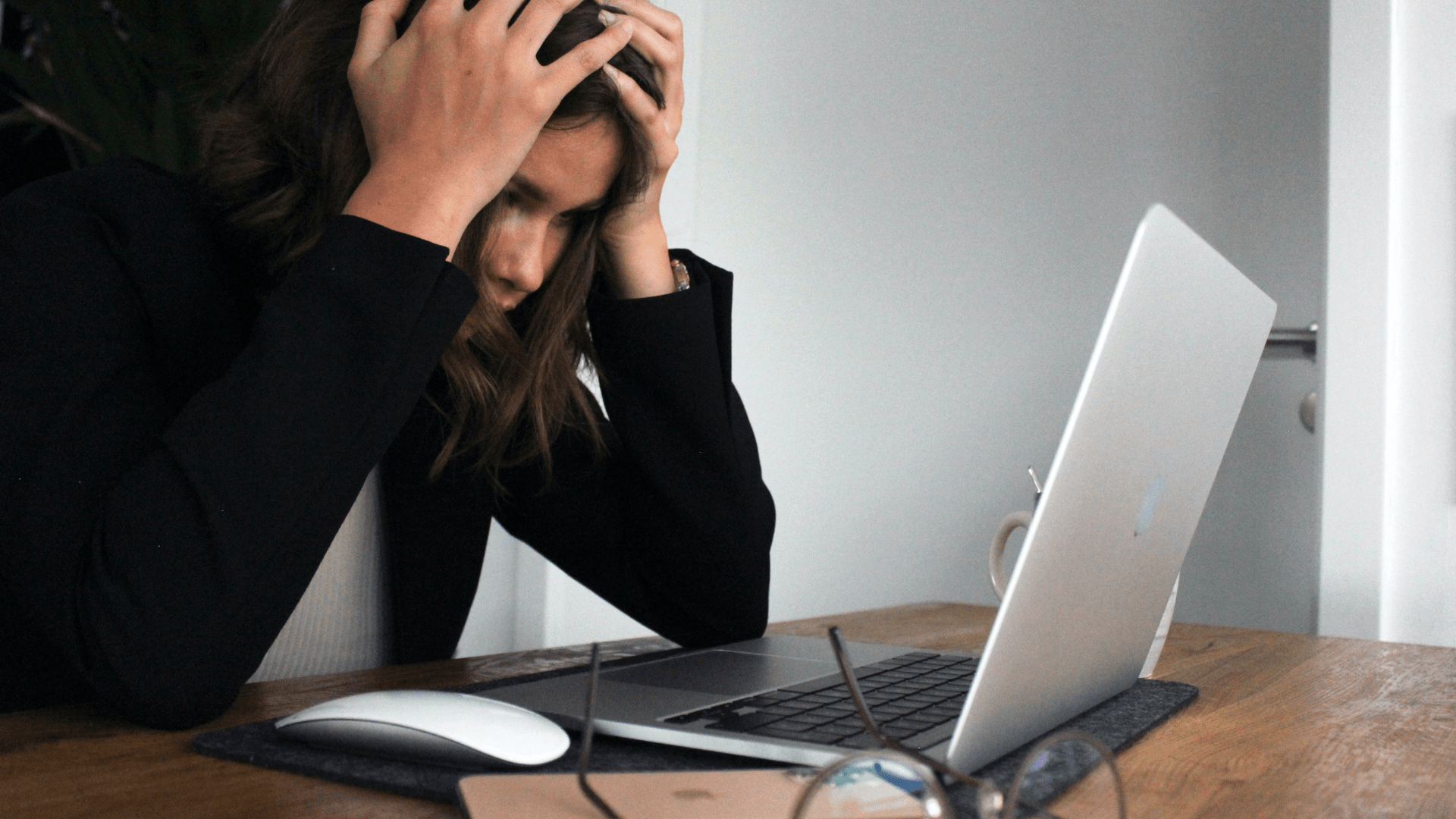
This fear stems from the belief that taking time off for anything less severe than COVID-19 would be frowned upon by their employers.
The OnePoll survey, commissioned by ColdCalm, sheds light on the evolving attitudes towards sick days in the remote working world.
The Changing Bar for Sick Days

According to the survey, three out of four respondents stated that the bar for symptom severity warranting time off has been raised since the pandemic.
With the risk of transmitting illnesses to coworkers eliminated in remote work settings, employees are less inclined to take time off when they feel sick. In fact, seven in ten respondents admitted to having worked while feeling ill since transitioning to remote work.
What Justifies Taking Time Off?

The survey of 2,000 Americans further revealed that a sore throat alone is no longer considered sufficient grounds for taking a sick day.
Workers now feel the need to actually lose their voice before they believe they are justified in taking time off. This shift in perception reflects the heightened expectations placed on remote workers to continue performing at their best, regardless of minor illnesses.
Desperation and Undocumented Time Off

The survey also shed light on the desperate measures some remote employees have taken to get a break from work due to illness.
Nearly half of the respondents admitted to having taken undocumented time off, hoping it would go unnoticed. This reflects the challenges faced by remote workers who feel the need to prioritize their health while also maintaining their professional obligations.
COVID-19’s Impact on Illness Perception
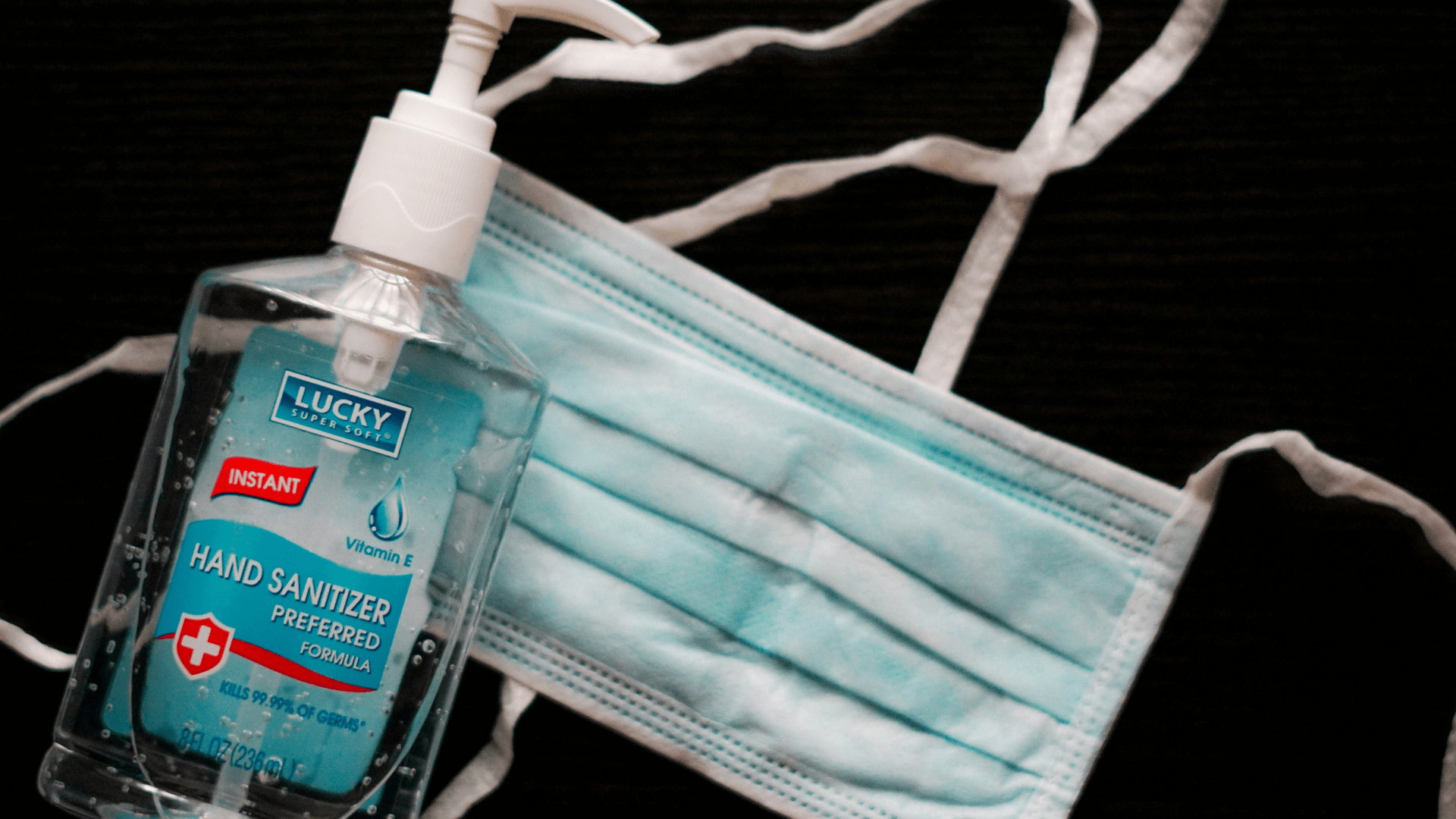
The ongoing COVID-19 pandemic has had a profound impact on how individuals perceive other illnesses.
Forty-five percent of respondents believe that the pandemic has made other illnesses appear “minor” in comparison. This heightened awareness has made individuals more vigilant about avoiding illnesses, with 72 percent stating that they are more likely to take medication at the first signs of symptoms.
The Impact of Working While Sick
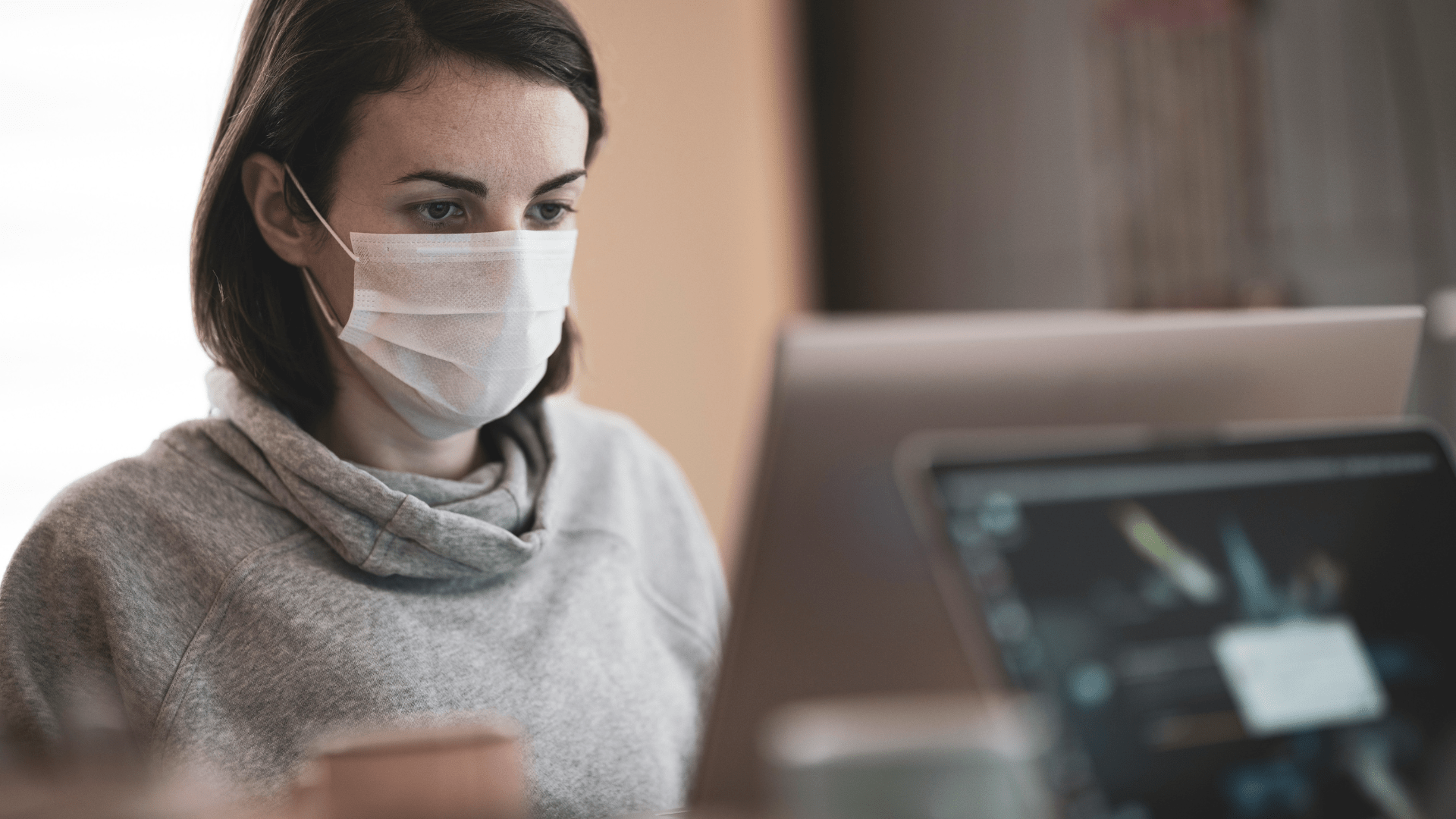
While remote work eliminates the physical stress of commuting, it does not exempt individuals from the impact of illness on their ability to handle their responsibilities.
The survey revealed that 52 percent of respondents who worked from home while sick experienced a considerable decrease in their performance during their illness. However, surprisingly, nearly six in ten individuals felt that working remotely while sick actually enhanced their credibility with their coworkers.
The Dilemma of Essential Workers
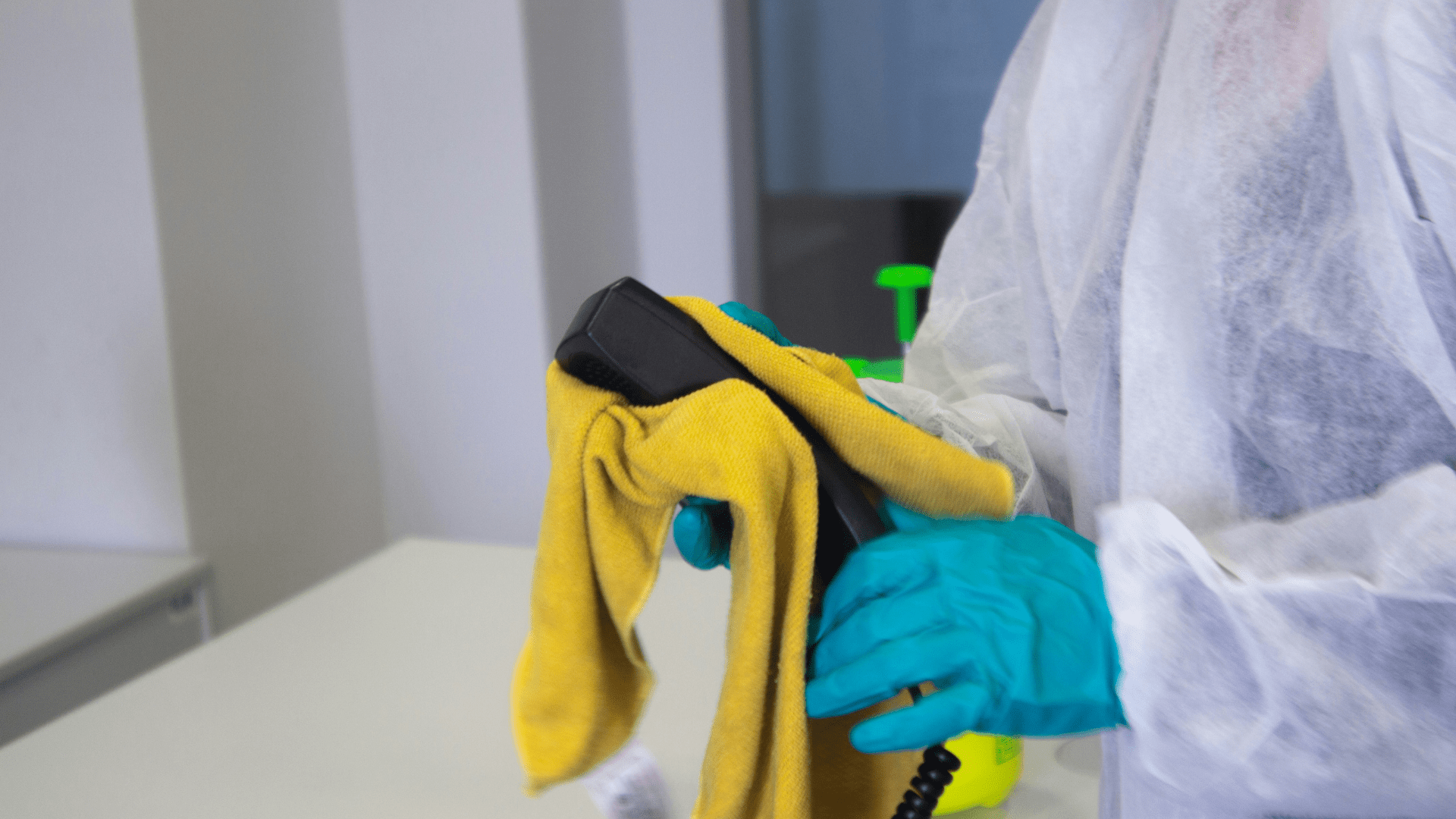
While remote workers face the challenge of navigating sick days in a virtual setting, essential workers face an entirely different set of concerns.
As businesses and services continue to operate amid the pandemic, essential workers often lack access to paid sick leave, leaving them with difficult choices to make when they fall ill.
The Struggle for Paid Sick Leave
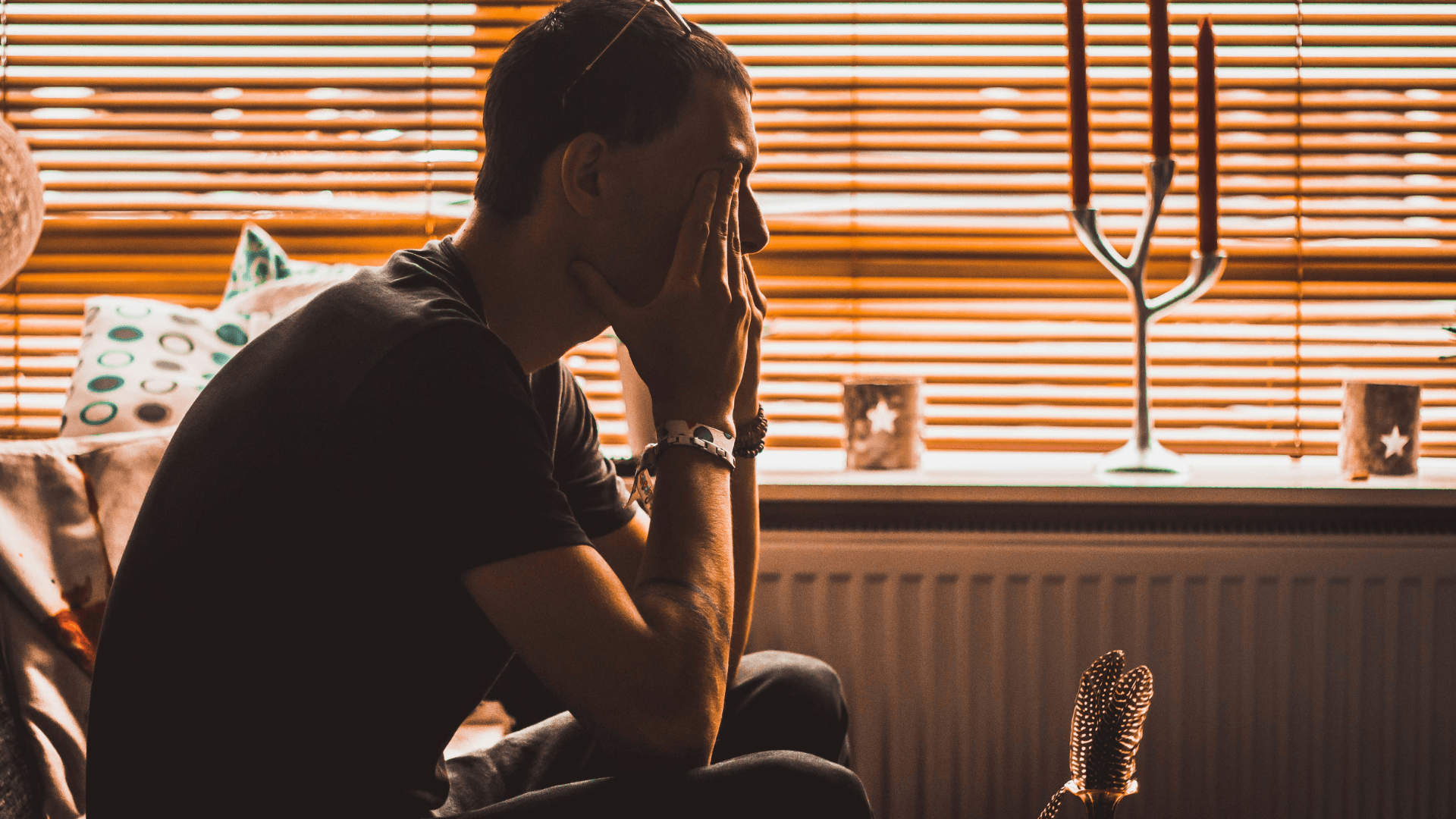
Essential workers across the country are facing significant challenges when it comes to accessing paid sick leave.
Despite a federal law requiring employers to provide paid sick leave for COVID-19 related reasons, many workers find themselves without this essential benefit. The Families First Coronavirus Response Act, which came into effect in April, provides up to two weeks of paid sick leave for workers dealing with coronavirus-related issues.
Fear and Job Insecurity

With unemployment rates skyrocketing, particularly among Hispanic and African American communities, essential workers are often left with no choice but to continue working while sick.
Josefina Garcia, a janitor in Harrisburg, Pennsylvania, recounts being fired after calling out sick in April and now struggling to find a new job. The lack of options exacerbates the fear and uncertainty surrounding job security in the current climate.
The Need for Comprehensive Solutions

The COVID-19 pandemic has highlighted the glaring gaps in the protection and support provided to workers, particularly in the area of sick leave.
As the world adapts to the new realities of remote work and essential services, policymakers and employers must address the disparities and ensure that all workers have access to paid sick leave. While the Families First Coronavirus Response Act was a step in the right direction, its exemptions have left a significant portion of the workforce vulnerable.
Prioritizing Workers

The landscape of sick days in the remote working world has evolved dramatically in the wake of the COVID-19 pandemic. The fear of taking sick days for minor illnesses has become prevalent among remote workers, with the bar for symptom severity being raised.
Essential workers, on the other hand, face job insecurity and often lack access to paid sick leave. As we navigate these challenging times, it is essential to prioritize the health and well-being of workers.








































